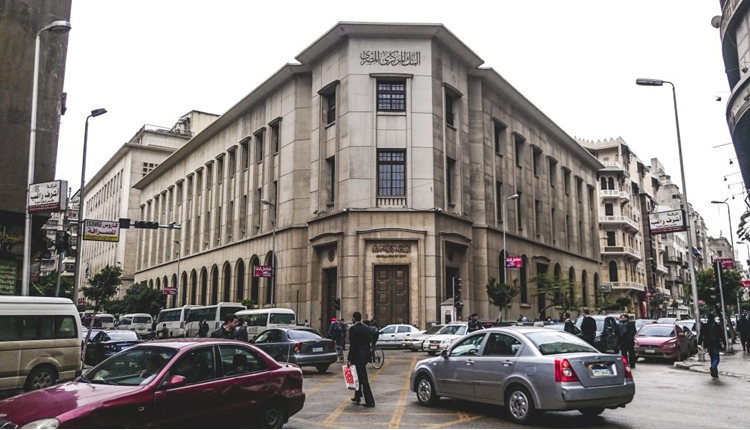Egypt’s central bank renews suspension of ATM, banking transaction fees till June 2021
The Central Bank of Egypt (CBE) decided extending the suspension of fees on cash withdrawals from ATMs and exempting clients from fees and commissions on banking transactions in Egyptian pounds until June 2021.
CBE has decided to renew until June 2021 a number of procedures it has put in place since the onset of the COVID-19 outbreak.
The bank had renewed the measures in September, and they were expected to be lifted by the end of 2020.
The CBE will also bear the cost of cash withdrawal fees for pension payment cards, amounting to EGP 50 million, to ease the burden on pensioners. In addition, the bank is continuing to issue free-of-charge electronic portfolios and prepaid cards for individuals while cancelling fees and commissions on money transactions via mobile phone accounts.
Also, the CBE has instructed banks to exempt private-sector vendors from fees and commissions for transactions conducted via non-contact payment instruments, and to allow them to use their accounts without the need to enter a password to encourage them to increase their reliance on non-contact payment instruments and to maintain social distancing, as well as to promote the Tap and Go culture, particularly for transactions that do not exceed EGP 600.
In May, the CBE launched an electronic repayment initiative targeting the distribution of 100,000 points of sale and granting 200,000 free-of-charge quick response codes.
On 15 March, the CBE announced a package of procedures aimed at easing banking operations in the wake of the coronavirus outbreak.
The procedures included raising daily transaction limits on credit cards and cancelling fees and commissions at points of sale and on withdrawals from ATMs for six months.
The CBE said these measures are part of a number of procedures it has adopted to cope with the pandemic and its likely consequences. The measures are in line with the state’s target to ensure the stability of the Egyptian banking sector and to support the national economy.
The procedures include keeping bank deposits locally in branches as reserves and urging clients to use credit and debit cards instead of cash.



